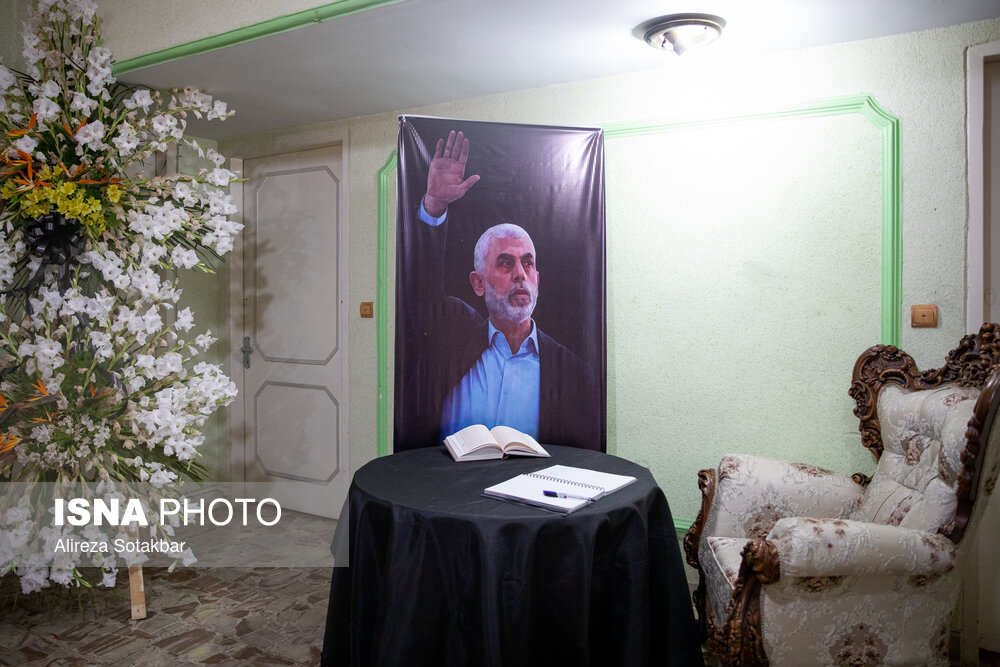In an interview with IRNA on Wednesday evening, Alireza Nadali emphasized the importance of preserving names like Bistoon, which is historically significant and frequently mentioned in Iran’s ancient literature, as part of the council’s commitment to Iranian culture and identity alongside Islamic identity.
Nadali explained while there are plans to name a street after the Islamic resistance leader, the name of Bistoon Street will not be altered.
He acknowledged that despite the initial approval to rename only the last quarter of Bistoon Street, the decision has been sent back to the Naming Commission for further consideration, ensuring that a suitable street is chosen to honor Sinwar, who was martyred in the Gaza Strip in an Israeli strike on October 16.
The Bistoon Inscription, located on a cliff at Mount Bistoon in Kermanshah Province, western Iran, is a large, multilingual rock relief commissioned by Darius the Great (r. 522–486 BC).
This significant Achaemenid royal inscription played a crucial role in deciphering cuneiform due to its status as the longest trilingual inscription known, containing texts in Old Persian, Elamite, and Babylonian.
